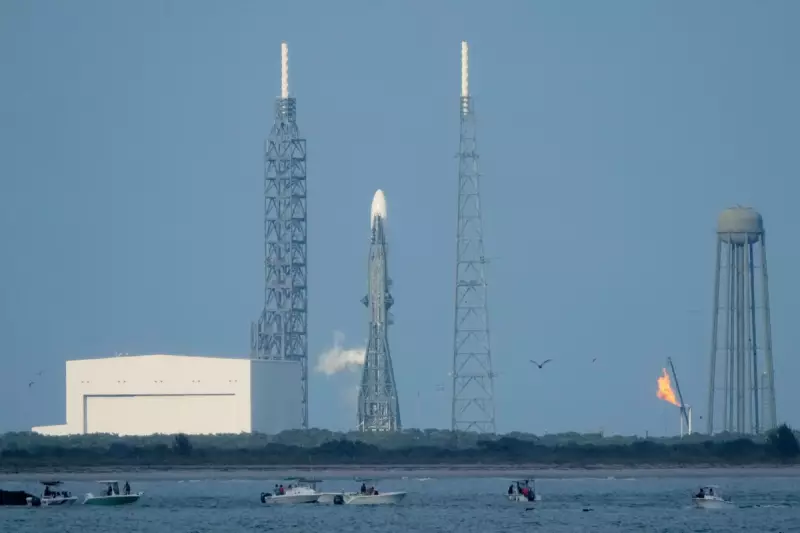
Powerful solar storms, the same celestial events painting spectacular auroras across American skies, have forced a major delay for Blue Origin's ambitious space programme.
Launch Scrubbed Amid Solar Fury
The launch of Blue Origin's massive New Glenn rocket was called off on Wednesday, 12th November 2025. Already facing unfavourable weather conditions at the Florida launch site, the mission encountered a new and unexpected hurdle: heightened solar activity. The decision to postpone was announced just five hours before the scheduled afternoon liftoff.
NASA, which had two critical Mars orbiters secured atop the rocket, made the final call. The agency's primary concern was the potential impact of increased radiation from the solar storms on the sensitive electronics of its spacecraft during their long journey to the Red Planet. No new launch date has been established, with teams waiting for space weather conditions to improve.
A Glimpse at the New Glenn Rocket
This mission was set to be a significant milestone, marking only the second flight for Blue Origin's flagship New Glenn rocket. The vehicle made its successful debut earlier this year in January. Standing at an imposing 321 feet (98 meters), the New Glenn is substantially larger and more powerful than the company's New Shepard rockets, which are used for suborbital passenger flights from Texas.
The delay underscores the immense challenges and unpredictable factors, like space weather, that can impact modern spaceflight. While the stunning auroras provided a public spectacle, for engineers and scientists at Blue Origin and NASA, the solar storms presented a very real operational risk that required a cautious and safety-first approach.





